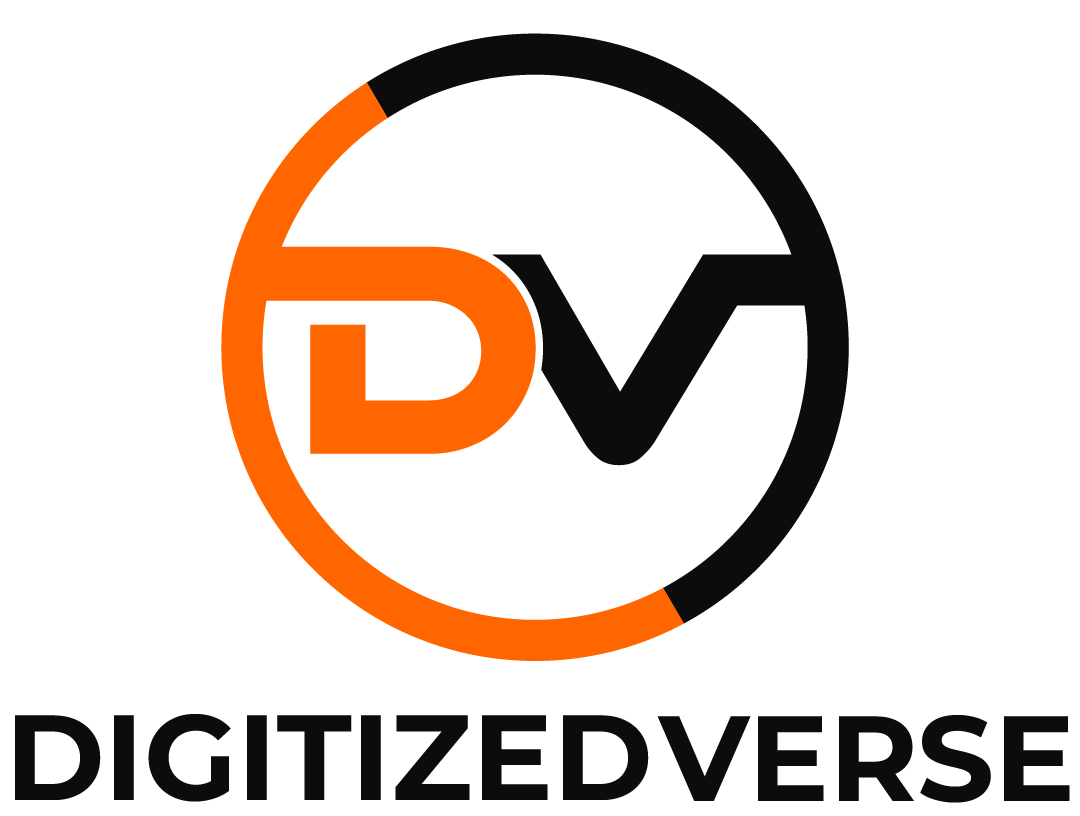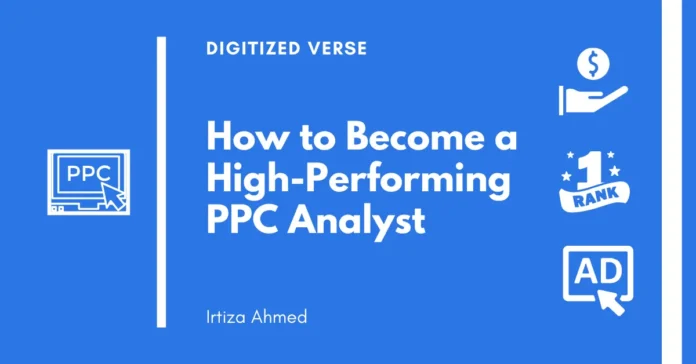In the fast-paced world of digital marketing, Pay-Per-Click (PPC) advertising stands out as one of the most effective methods for driving traffic and conversions. However, mastering PPC requires a unique blend of analytical skills, strategic thinking, and a deep understanding of how online advertising platforms work. If you aspire to be a top-tier PPC analyst, this guide will walk you through everything you need to know to excel in this dynamic field.
What is a PPC Analyst?
A PPC analyst is a professional responsible for managing and optimizing pay-per-click advertising campaigns. These campaigns are typically run on platforms like Google Ads, Bing Ads, and various social media networks. The role of a PPC analyst involves a mix of creativity and technical expertise, requiring a thorough understanding of keyword research, ad copywriting, bid management, and performance analysis.
Key Responsibilities of a PPC Analyst
A PPC analyst’s responsibilities include:
- Keyword Research: Identifying the best keywords to target in campaigns.
- Campaign Creation: Designing and setting up ad campaigns across different platforms.
- Bid Management: Adjusting bids to ensure optimal ad placement within the budget.
- Performance Analysis: Monitoring the performance of campaigns and making data-driven adjustments.
- A/B Testing: Testing different versions of ads to determine which performs best.
- Reporting: Providing insights and reports to clients or stakeholders on campaign performance.
Essential Skills for a High-Performing PPC Analyst
To excel as a Pay per click analyst, certain skills are non-negotiable. Below, we’ll explore the critical skills that differentiate a good PPC analyst from a high-performing one.
1. Analytical Thinking
PPC is a data-driven field. You’ll need to be comfortable working with numbers, analyzing metrics, and deriving actionable insights from data. The ability to interpret data correctly and make informed decisions is key to optimizing campaigns and achieving better results.
2. Technical Proficiency
A deep understanding of PPC platforms like Google Ads and Bing Ads is essential. This includes knowing how to set up campaigns, use advanced features like remarketing, and troubleshoot issues. Familiarity with tracking tools like Google Analytics and tag managers is also crucial.
3. Creativity
While PPC is highly technical, creativity plays a significant role in crafting compelling ad copy and designing effective landing pages. Being able to think outside the box and create ads that stand out in a crowded marketplace is a valuable skill.
4. Communication Skills
As a PPC analyst, you’ll often need to explain complex concepts to clients or colleagues who may not be familiar with the intricacies of PPC. Clear, concise communication is essential for conveying the value of your work and the reasoning behind your strategies.
5. Attention to Detail
The small details can make a big difference in PPC. Whether it’s selecting the right keywords, setting up conversion tracking correctly, or ensuring ad copy is free of errors, attention to detail is critical for success.
6. Adaptability
The digital marketing landscape is constantly evolving, with new tools, techniques, and algorithms being introduced regularly. A high-performing PPC analyst must be adaptable, staying up-to-date with industry trends and continuously learning new skills.
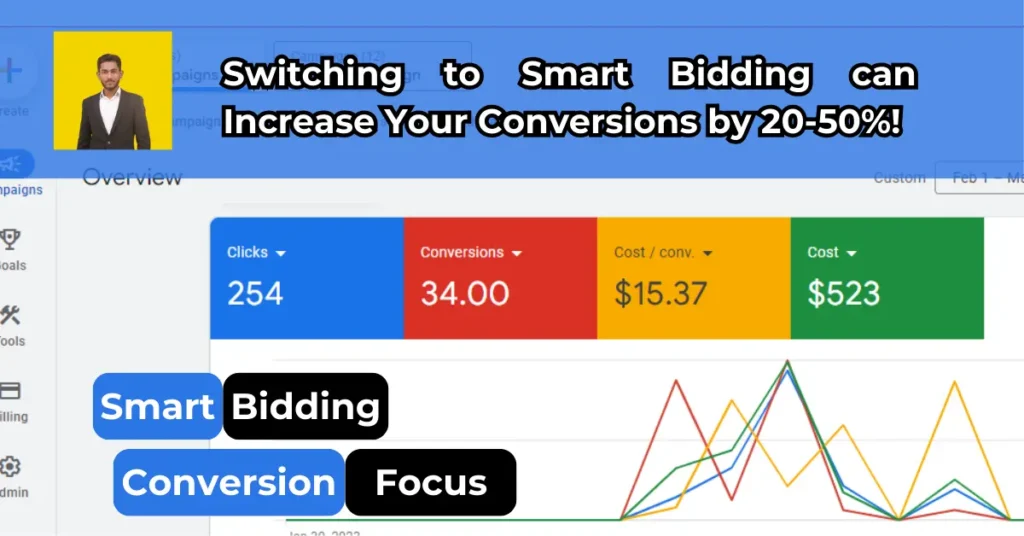
Steps to Becoming a High-Performing PPC Analyst
Now that we’ve covered the skills needed, let’s dive into the steps you can take to become a high-performing PPC analyst.
1. Master the Basics of PPC
Before you can excel, you need to understand the fundamentals. This includes knowing how different PPC platforms work, what metrics are important, and how to set up and manage campaigns. Start by familiarizing yourself with platforms like Google Ads, Bing Ads, and Facebook Ads.
2. Gain Hands-On Experience
Theory is important, but nothing beats practical experience. Start by managing small campaigns, either for yourself, a friend, or a small business. As you gain experience, you’ll start to understand the nuances of PPC and develop your style of campaign management.
3. Get Certified
Certifications can help validate your skills and make you more attractive to employers. Consider obtaining certifications from platforms like Google Ads, Bing Ads, and Facebook Blueprint. These certifications demonstrate your knowledge and commitment to the field.
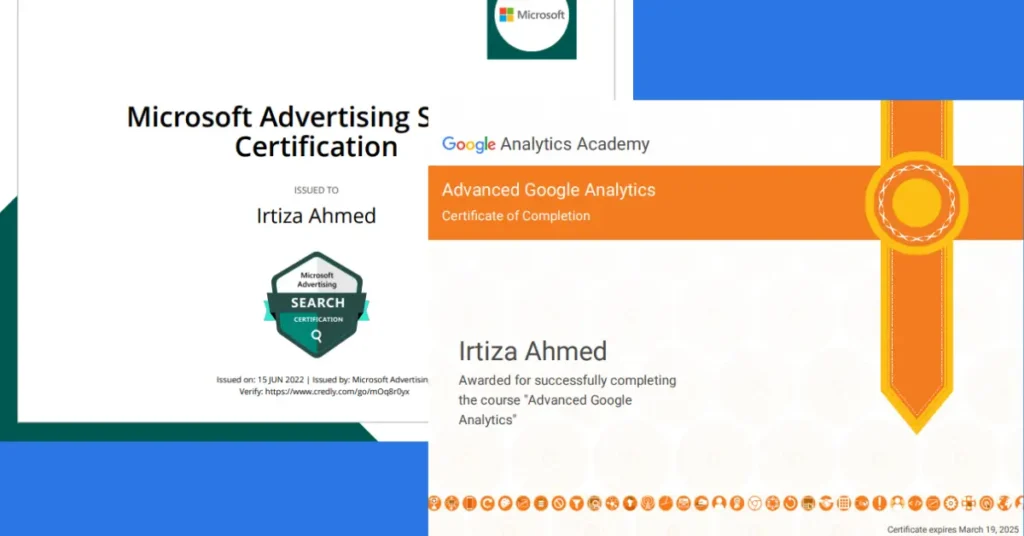
4. Stay Updated with Industry Trends
The world of PPC is constantly changing. Algorithms are updated, new features are introduced, and best practices evolve. To stay ahead of the curve, follow industry blogs, participate in forums, and attend webinars or conferences.
5. Learn Advanced PPC Techniques
Once you’re comfortable with the basics, it’s time to dive into more advanced techniques. This includes learning about remarketing, dynamic search ads, audience targeting, and automated bidding strategies. Mastery of these techniques can significantly enhance your campaign performance.
6. Develop a Data-Driven Approach
Successful PPC campaigns are built on data. Learn how to set up and interpret Google Analytics, track conversions, and use data to refine your strategies. The more data-driven your approach, the better your results will be.
7. Build a Portfolio
As you gain experience, start building a portfolio of your work. This could include case studies of successful campaigns, examples of ad copy you’ve written, or reports you’ve created. A strong portfolio can help you land clients or a job in a competitive market.
8. Network with Other PPC Professionals
Networking is invaluable in any field, and PPC is no exception. Join online communities, attend industry events, and connect with other PPC professionals. Not only can networking help you stay informed about industry trends, but it can also lead to job opportunities and collaborations.
9. Test and Experiment
PPC is as much an art as it is a science. Don’t be afraid to experiment with different strategies, ad formats, and bidding techniques. Testing is key to understanding what works best for your specific audience and goals.
10. Provide Value Beyond PPC
A high-performing PPC analyst doesn’t just focus on clicks and conversions—they understand the bigger picture. This includes understanding your client’s business goals, their target audience, and how PPC fits into their overall marketing strategy. Providing insights and suggestions beyond PPC can make you an invaluable asset to your clients or employer.
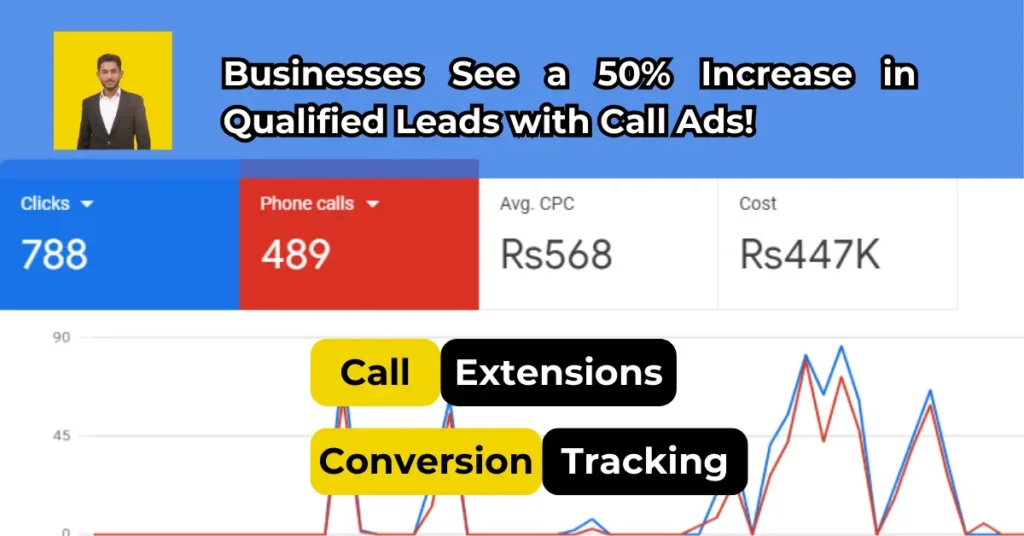
Connect with the Best PPC Analyst: Irtiza Ahmed
Irtiza Ahmed, owner of Digitized Verse, has extensive experience in creating and managing top-performing campaigns across various industries, including tech, real estate, e-commerce, skincare, health, and education. He also offers free top resources and blogs for those looking to grow their career in PPC marketing.
Common Challenges Faced by PPC Analysts
Even the most skilled PPC analysts face challenges. Here are some common obstacles and how to overcome them.
1. Competition
PPC is a competitive field, especially in popular industries. High competition can drive up costs and make it harder to achieve a good ROI. To overcome this, focus on long-tail keywords, refine your audience targeting, and continuously optimize your campaigns.
2. Budget Constraints
Working with limited budgets is a common challenge, especially for small businesses. The key is to make every dollar count. Prioritize high-performing keywords, use negative keywords to filter out irrelevant traffic, and continuously optimize your ad spend.
3. Keeping Up with Algorithm Changes
Search engines and social media platforms frequently update their algorithms, which can impact your campaign performance. Stay informed by following industry news, participating in forums, and testing different strategies to see how they perform under new conditions.
4. Balancing Multiple Campaigns
Managing multiple campaigns across different platforms can be overwhelming. To stay organized, use project management tools, set up automated reports, and prioritize tasks based on their impact on overall performance.
5. Tracking and Attribution
Accurately tracking conversions and attributing them to the right campaigns can be tricky, especially if you’re using multiple channels. Use tools like Google Analytics, tag managers, and attribution models to get a clearer picture of how your campaigns are performing.
Conclusion
Becoming a high-performing PPC analyst takes time, effort, and a commitment to continuous learning. By mastering the skills outlined in this guide, gaining hands-on experience, and staying updated with industry trends, you can position yourself as an expert in the field. Whether you’re managing campaigns for your business or working with clients, the ability to drive traffic and conversions through PPC is an invaluable skill in today’s digital landscape.
Success in PPC is all about balancing creativity, analytical thinking, and technical proficiency. With the right approach, you can turn data into dollars and elevate your career as a PPC analyst. Start implementing these strategies today and watch your campaigns—and career—soar to new heights! Explore our PPC services to get started.

